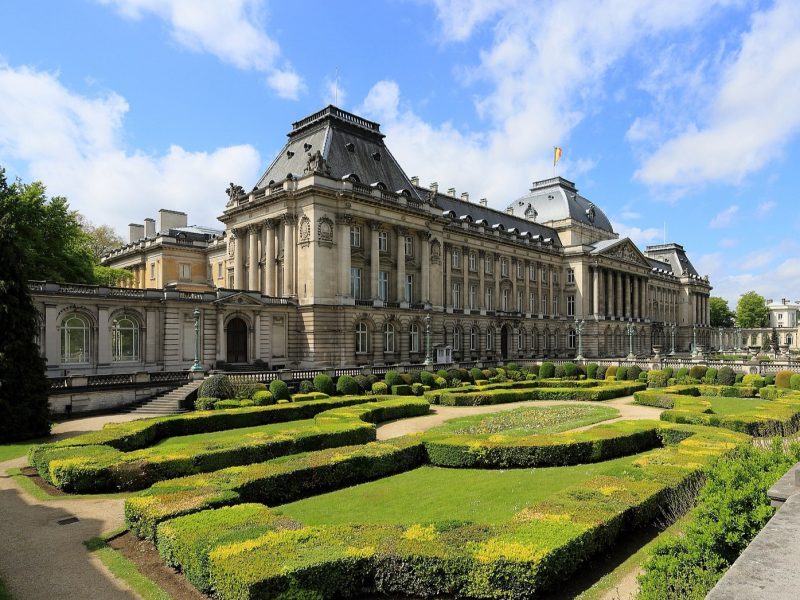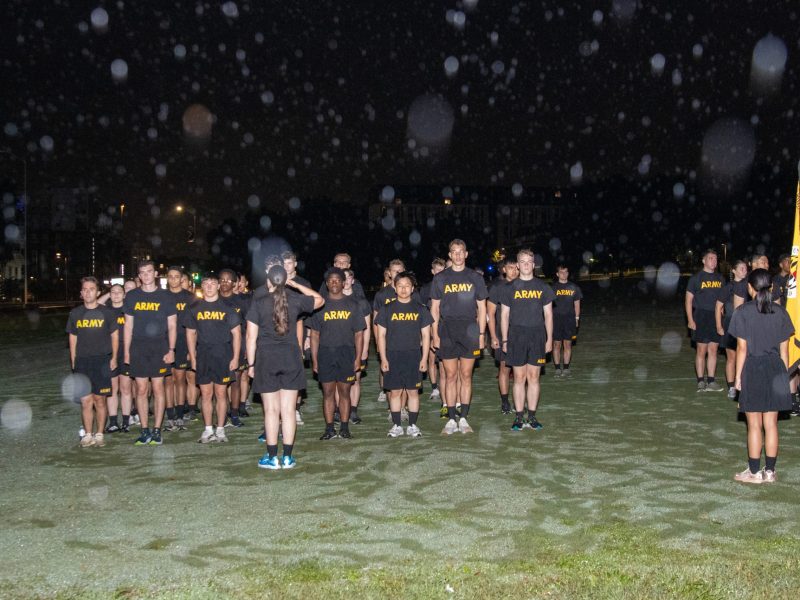Nariman Farvardin announced his resignation last week after 27 years of rising steadily through the ranks from professor to provost to take a new title at a new university: president of the Stevens Institute of Technology.
Farvardin, who has served as this university’s provost for almost four years, will officially step down at the end of February. On July 1, Farvardin will begin his presidential position at Stevens, a research institution in Hoboken, N.J. As Stevens’ seventh president, he will oversee an institution that has been recognized by the federal government as a “national center of excellence” in systems engineering and port security research with a starting base salary of $625,000 — about double his salary as provost.
Although Farvardin said he was intrigued upon first learning he was nominated for the top job at the end of the summer, he admitted he had “mixed feelings” about leaving this university, which he has served for so many years.
“I have a lot of pride in the university,” he said. “I know the university very well. I’m very emotionally attached to the university. On the other hand, it was not a difficult decision in that this is an exciting opportunity. It’s the chance to utilize all the knowledge and experience I gained at this university to advance another innovative, forward-looking institution.”
University President Wallace Loh disseminated the news of Farvardin’s appointment via e-mail to the university community Jan. 18. In a Stevens’ press release issued the same day, Farvardin was hailed as having the credentials to build upon the institution’s legacy.
“He has the vision and experience to further Stevens’ position as a global leader in education, research and innovation,” said Larry Babbio, chairman of the Stevens Board of Trustees, in the press release.
Before succeeding Bill Destler as university provost in May 2007, Farvardin held positions in the engineering college as a professor, department chairman and dean. He also served as acting university president for more than two months last year while Loh transitioned into office.
As provost, Farvardin spearheaded a number of major university initiatives, including the development of the redesigned General Education program, a new Honors College and the establishment of a new Institute for Bioscience and Biotechnology Research. But his crowning achievement, Farvardin said, was the creation of the university’s strategic plan — a 10-year roadmap for advancing the university’s future. He reportedly went two days without sleeping while drafting it two years ago.
The day the plan was approved by the University Senate in May 2008 was the most defining moment of his career as provost, Farvardin said.
“It represented the pinnacle of my achievement during my tenure,” he said. “The strategic plan is a plan for the university’s future, and the university will go to very, very high places from here.”
But his tenure at the university was not without controversy.
Farvardin came under fire for what some called a lack of transparency during budget cuts and the dismissal of former Associate Provost for Equity and Diversity Cordell Black in the fall of 2009. Despite such criticism, former university President Dan Mote — who hand-picked Farvardin as provost — said he expected the young administrator to succeed him.
And although it was ultimately Loh who got the job after Mote retired last year, those close to Farvardin said it came as no surprise he was eventually offered a presidential post elsewhere. Serving as provost is traditionally a stepping stone to presidency — Destler, who served as this university’s provost for seven years, was appointed president of Rochester Institute of Technology, and Loh worked as provost of the University of Iowa before accepting his current position.
“The University takes great pride in Dr. Farvardin’s presidential appointment as it reflects on the academic distinction and national stature of the institution,” Loh wrote to the university community. “During my own short tenure as President, Nariman has provided me with invaluable counsel and support, and has been a trusted colleague.”
Associate Provost of Academic Affairs Betsy Beise described Farvardin as a driven leader and a great colleague.
“He provides decisive leadership, while at the same time being very consultative,” Beise wrote in an e-mail.
“He has had to make some very difficult, and sometimes unpopular, decisions in these tough budget times, but he always looks at the bigger picture — what will ultimately make us a better university — when doing so.”
As he prepares to take on his new role at Stevens, Farvardin said he hopes his legacy will largely be defined by a commitment to increasing the quality of the university.
“I hope that people say I made a difference in making the university increase in its appreciation of excellence,” he said. “I hope the university stays committed in the higher levels of excellence in everything that we do.”
The process of finding both an interim and permanent provost will begin after consulting with the university community, Loh said.
villanueva at umdbk dot com


